Remember when doing laundry meant packing up your basket, quarters, and detergent for a trip to the local laundromat? Those fluorescent-lit temples of sudsy salvation were more than just places to get our clothes clean—they were community centers, entertainment hubs, and sometimes even romantic meeting spots. Before we had tiny computers in our pockets to distract us, we had to get creative about passing those long wash and dry cycles, and somehow we managed just fine.
1. Read Every Magazine From Cover to Cover

The laundromat magazine rack was like a time capsule of popular culture, filled with dog-eared copies of Life, Reader’s Digest, and Good Housekeeping from months or even years past. We’d settle into those uncomfortable plastic chairs and catch up on celebrity gossip from three seasons ago, learning about hairstyles that had already gone out of fashion. There was something oddly satisfying about reading an entire magazine without interruption, cover to cover, advertisements and all.
You could always count on finding at least one issue of National Geographic to transport you to exotic locations while your whites got whiter. The crossword puzzles in the back were usually half-finished by previous patrons, creating an interesting collaborative puzzle-solving experience. Sometimes you’d discover a fascinating article about a topic you’d never normally read about, broadening your horizons one spin cycle at a time.
2. Strike Up Conversations With Fellow Washers
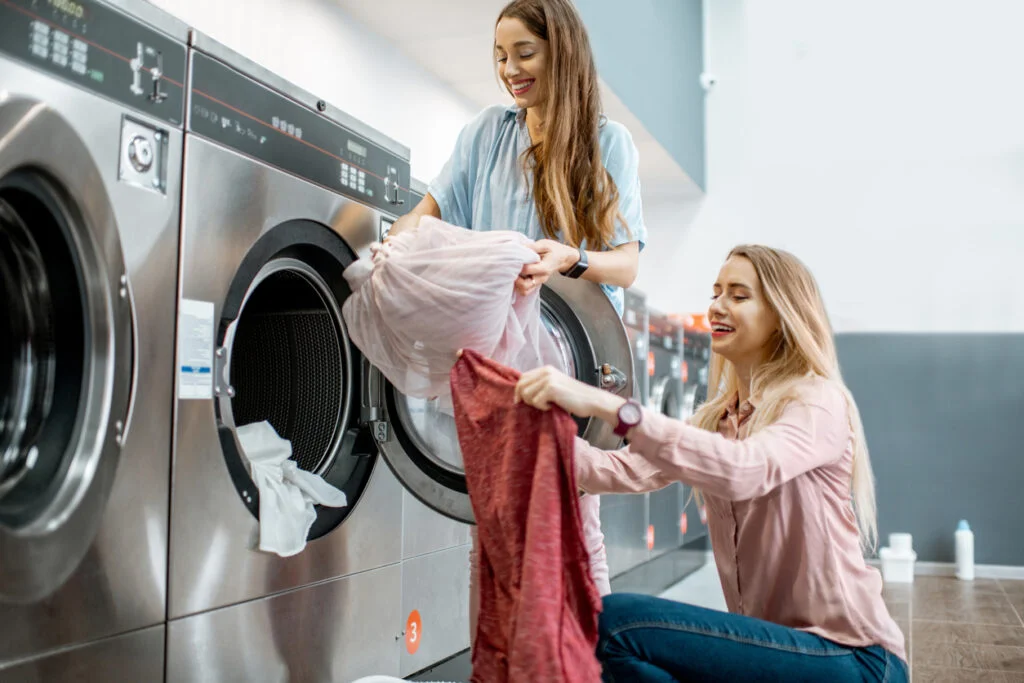
The laundromat was one of the last great equalizers—everyone needed clean clothes, regardless of their station in life. You’d find yourself chatting with the elderly gentleman folding his late wife’s dresses with tender care, or the young mother juggling three loads while keeping an eye on her toddler. These conversations often revealed the most interesting life stories, shared over the rhythmic hum of washing machines.
Sometimes these chance encounters blossomed into genuine friendships that extended beyond the laundromat walls. Mrs. Henderson might offer advice about getting grass stains out of Little League uniforms, while college student Dave shared tips about stretching a dollar for detergent. The communal nature of the space created an unspoken camaraderie—we were all in this sudsy situation together.
3. Master the Art of Coin-Op Vending Machine Strategy
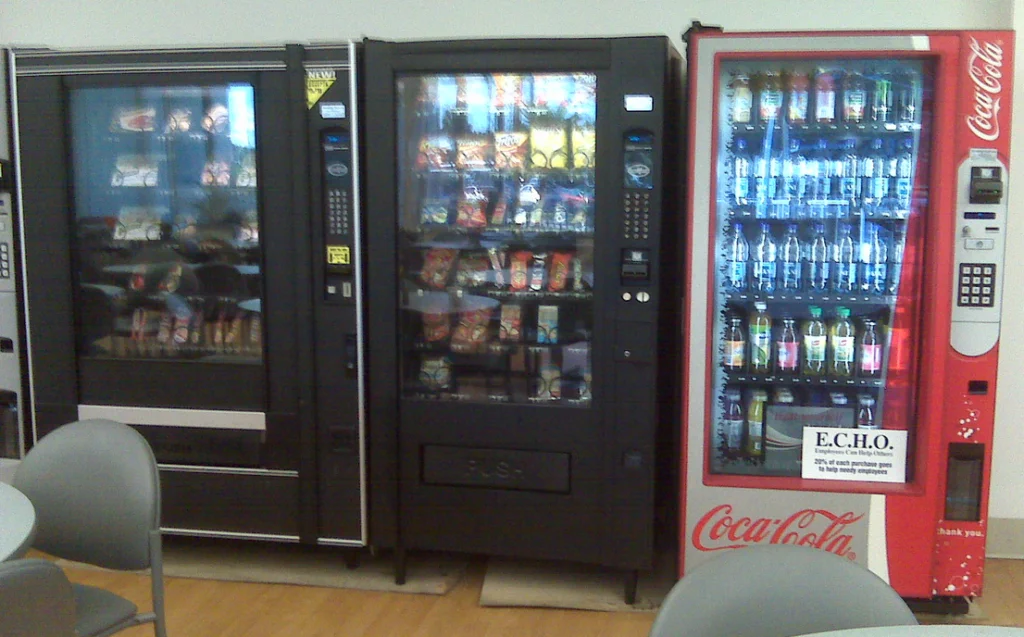
Those vending machines lined up against the wall weren’t just snack dispensers—they were puzzles to be solved and adversaries to be conquered. You’d study which button combinations gave you the best value, memorizing that B4 always dispensed two bags of chips instead of one due to a mechanical quirk. The anticipation of whether your dollar bill would be accepted on the first try was like playing a low-stakes lottery.
When the machine inevitably ate your money without delivering the promised candy bar, you’d join the fraternity of frustrated snackers, sharing tales of vending machine injustice. Some regulars became legends for their ability to coax stubborn machines into cooperation with just the right combination of button pressing and gentle machine rocking. The triumphant “thunk” of a successfully dispensed item was a small victory that brightened the whole laundromat experience.
4. Perfect Your Folding Technique

With hours to kill and large folding tables at your disposal, the laundromat became a masterclass in textile origami. You’d experiment with different folding methods, trying to achieve that department store perfection that made your clothes look professionally handled. The competitive aspect emerged naturally—nobody wanted to be the person with the sloppy folding technique at the table next to the lady who could fold fitted sheets into perfect squares.
Watching other people’s folding styles was oddly mesmerizing and educational. You’d pick up tricks like the military fold for t-shirts or the proper way to fold dress shirts to minimize wrinkles. These skills became a source of quiet pride, and you’d find yourself folding clothes at home with the same careful attention you’d developed during those long laundromat sessions.
5. Become a Coin Change Artist

Before credit cards worked in washing machines, mastering the quarter situation was essential survival knowledge. You’d develop relationships with local businesses that were willing to break larger bills, knowing exactly which bank had the most accommodating tellers for coin exchanges. The sound of quarters jingling in your pocket became the soundtrack of laundry day preparation.
Some entrepreneurial souls would set up informal change-making operations right in the laundromat, trading paper money for coins with fellow patrons for a small convenience fee. You’d learn to hoard quarters like precious metals, stashing emergency coin supplies in coffee cans at home. The great quarter shortage of any given weekend could unite complete strangers in a common cause of making change for each other.
6. Study People and Create Life Stories
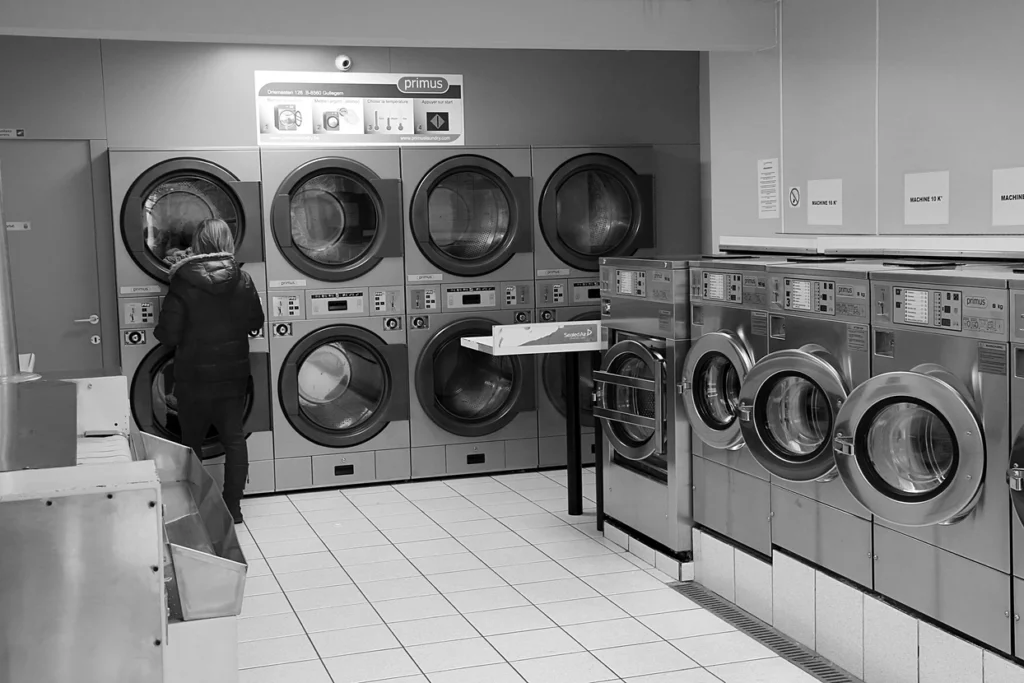
The laundromat provided an endless parade of humanity, each person bringing their own story told through their clothing choices and washing habits. You’d notice the businessman who brought his shirts in on Sunday evenings, always looking slightly overwhelmed by the domestic task ahead of him. The art student with paint-stained everything became a regular character in your mental laundromat soap opera.
Creating backstories for your fellow washers became an entertaining mental exercise that could occupy entire wash cycles. The woman who always brought beautiful vintage dresses might be a retired theater costume designer, while the guy with the extensive collection of band t-shirts was obviously reliving his roadie days. These imagined narratives added depth and interest to what could have been mundane waiting time.
7. Organize Impromptu Laundromat Social Events
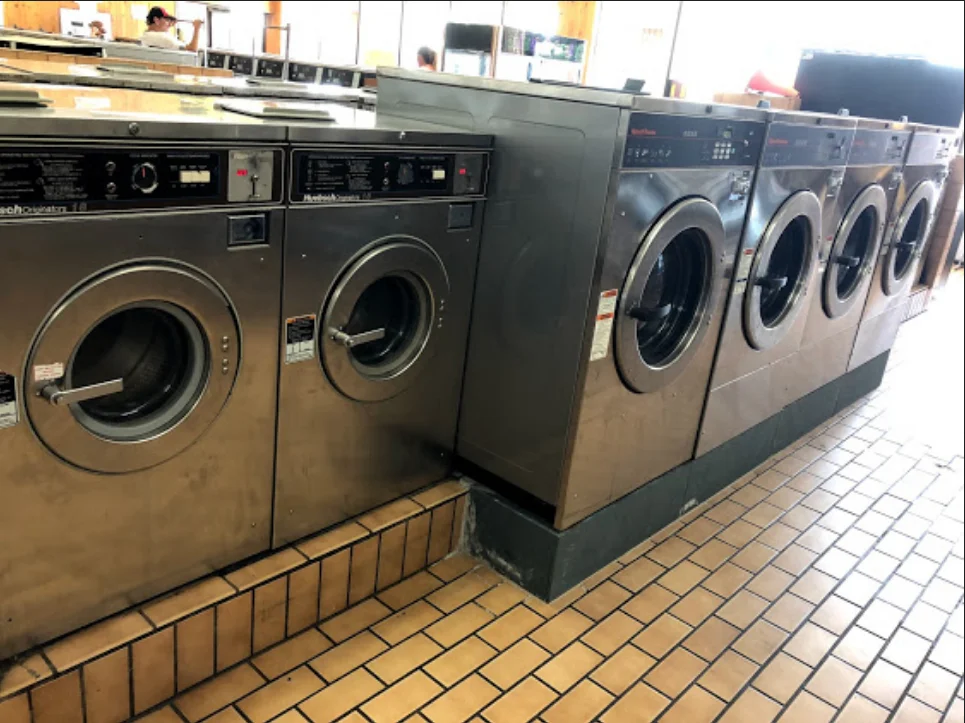
Some laundromats naturally evolved into informal community centers, especially on weekends when families would make laundry a group activity. Children would play games between the washing machine rows while parents supervised loads and socialized with neighbors. Birthday parties, baby showers, and even small wedding receptions found their way into these unexpected venues.
The most memorable laundromat gatherings often happened spontaneously—someone would bring a radio, another person might contribute homemade cookies, and suddenly you had an impromptu block party among the spin cycles. These events created lasting memories and strengthened neighborhood bonds in ways that our more isolated modern lifestyle rarely allows. The shared experience of waiting for clothes to clean became an opportunity for genuine human connection.
8. Practice Your Pool or Pinball Skills
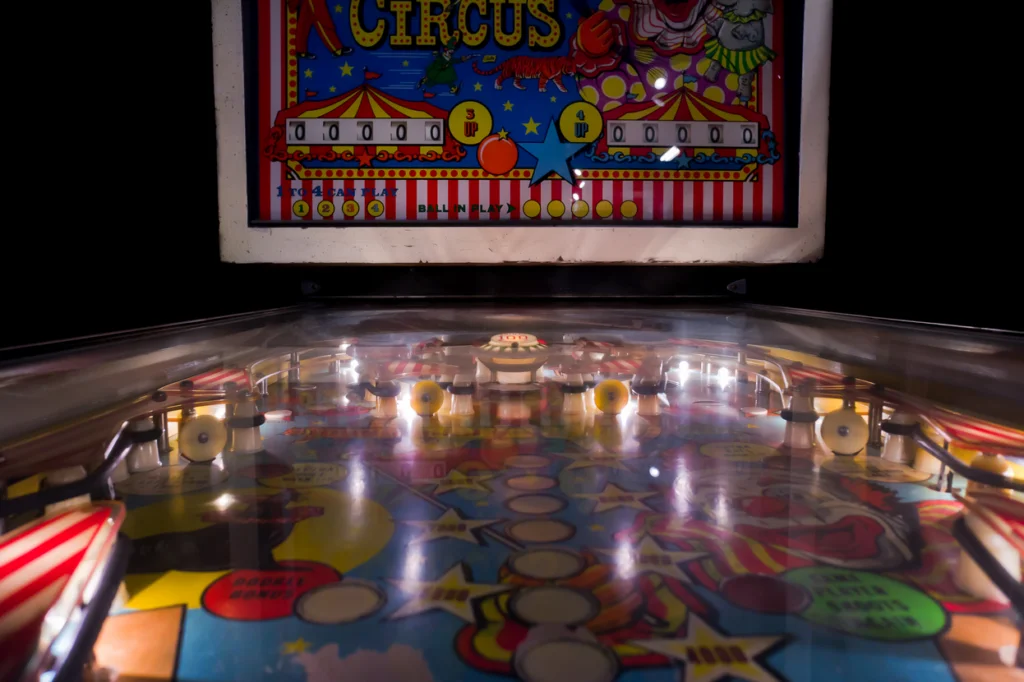
Many laundromats featured arcade games that provided the perfect distraction during those interminable drying cycles. The pinball machines were often vintage models that had seen better days, with bumpers that didn’t always respond and flippers that required just the right touch. Mastering these quirky machines became a point of pride, and you’d develop muscle memory for each machine’s particular personality.
Pool tables offered another level of entertainment, turning the laundromat into an unofficial recreation center. Friendly competitions would emerge between regular patrons, with running tournaments that spanned weeks or months. These games broke down social barriers and created unlikely friendships between people who might never have spoken otherwise, united by their shared appreciation for a well-executed bank shot.
9. Write Letters and Pay Bills

Before online banking and email, the laundromat’s quiet atmosphere made it an ideal place for handling correspondence. You’d bring along a stack of bills, your checkbook, and some stationary to make productive use of the waiting time. The steady hum of machines provided a oddly soothing background for tackling mundane paperwork tasks.
Letter writing became almost meditative in this environment, free from household distractions and phone interruptions. You’d catch up with distant relatives, pen thank-you notes that had been languishing on your to-do list, or write letters to the editor about local issues. The laundromat table became your temporary office, and you’d often leave feeling more organized and caught up on life’s administrative details than when you arrived.
10. Share and Swap Household Tips

The laundromat served as an informal university for domestic knowledge, where experienced homemakers mentored newcomers in the arts of stain removal and fabric care. You’d learn that white vinegar could tackle almost any odor, or discover the magic of pre-treating grass stains with dish soap before washing. These tips were passed down like family recipes, shared freely among the community of washers.
Some regulars became legendary for their cleaning expertise, sought out by others facing particularly challenging laundry disasters. The woman who could resurrect a white shirt from certain doom, or the gentleman who knew exactly how to handle delicate vintage fabrics, became valuable resources for the entire laundromat community. This knowledge sharing created a sense of mutual support and expertise that enriched everyone’s domestic capabilities.
11. Catch Up on Homework or Work Projects

Students and professionals often found the laundromat’s atmosphere conducive to concentration, using the waiting time to tackle assignments or catch up on paperwork. The background noise of washing machines created a kind of white noise that helped focus the mind on tasks at hand. You’d spread textbooks across the folding tables, transforming the space into a temporary study hall.
The enforced waiting period meant you couldn’t easily abandon difficult tasks—you were stuck there until your clothes were done, which created a natural motivation to make progress on projects. Many term papers were written, business proposals drafted, and lesson plans developed in these unlikely academic settings. The laundromat became an extension of your workspace, offering a change of scenery that often sparked creativity and productivity.
12. Plan and Daydream About Life

Perhaps most importantly, the laundromat provided precious unstructured time for reflection and planning in our increasingly busy lives. Without the constant connectivity we have today, these moments of enforced waiting became opportunities for genuine introspection. You’d sit and think about life goals, relationship decisions, or career changes while watching your clothes tumble in endless circles.
The rhythmic nature of the washing and drying cycles seemed to encourage a meditative state of mind, perfect for processing life’s challenges and opportunities. Some of life’s most important decisions were made sitting in those plastic chairs, watching soap suds swirl and listening to the gentle rumble of dryers. The laundromat inadvertently became a place of quiet contemplation and personal growth, offering the mental space that’s increasingly rare in our hyperconnected world.
Those laundromat days taught us patience, community, and the art of making the best of mundane situations. We learned to find entertainment and meaning in the simplest activities, creating rich experiences from what could have been mere chores. While modern convenience has largely eliminated the weekly pilgrimage to the local laundromat, those who remember those days often speak of them with surprising fondness—a testament to the human ability to find joy and connection in the most unexpected places.
This story 12 Things We Did at the Laundromat That Made Time Go Faster Without A Single Smartphone was first published on Takes Me Back.


